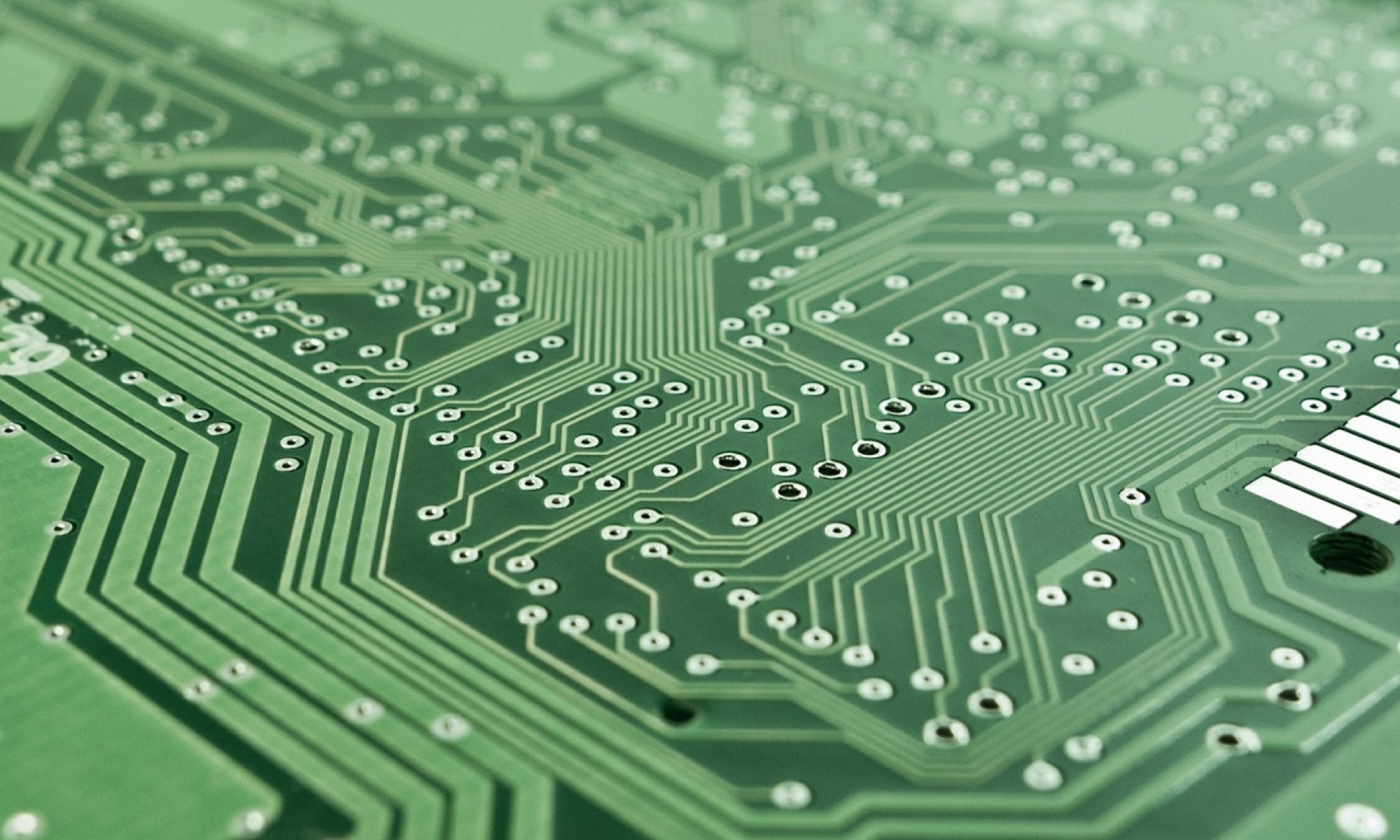 The Electronics Recycling Coordination Clearinghouse (ERCC) published a report on March 15, 2016 entitled “ERCC Consumer Awareness Survey: A Look at How Electronics Recycling Programs Have Impacted E-Cycling Activities And Awareness.” According to the Northeast Recycling Council (NERC), this is “the first study comparing state-level consumer awareness levels of electronics recycling programs as well as other important consumer preferences. Previous surveys of consumer awareness on electronics recycling have focused on a nationwide rate or within a single state. ERCC undertook the surveys in order to establish an additional measure of performance for electronics recycling programs, and to compare rates of awareness of electronics recycling options among states as well as ask other important questions. After developing a survey script with 10 standard questions on awareness, collection preference, barriers to recycling and other topics, ERCC surveyed member states who stepped forward to fund their survey costs, as well as other member and non-member states made possible by affiliate member contributions. In all, ERCC surveyed 6 states WITHOUT electronics recycling laws and 6 states WITH electronics recycling laws at varying levels of confidence. To carry out the surveys, ERCC contracted with Service 800, a company with 20 years of experience in the design and execution of customer satisfaction measurement surveys.”
The Electronics Recycling Coordination Clearinghouse (ERCC) published a report on March 15, 2016 entitled “ERCC Consumer Awareness Survey: A Look at How Electronics Recycling Programs Have Impacted E-Cycling Activities And Awareness.” According to the Northeast Recycling Council (NERC), this is “the first study comparing state-level consumer awareness levels of electronics recycling programs as well as other important consumer preferences. Previous surveys of consumer awareness on electronics recycling have focused on a nationwide rate or within a single state. ERCC undertook the surveys in order to establish an additional measure of performance for electronics recycling programs, and to compare rates of awareness of electronics recycling options among states as well as ask other important questions. After developing a survey script with 10 standard questions on awareness, collection preference, barriers to recycling and other topics, ERCC surveyed member states who stepped forward to fund their survey costs, as well as other member and non-member states made possible by affiliate member contributions. In all, ERCC surveyed 6 states WITHOUT electronics recycling laws and 6 states WITH electronics recycling laws at varying levels of confidence. To carry out the surveys, ERCC contracted with Service 800, a company with 20 years of experience in the design and execution of customer satisfaction measurement surveys.”
States participating which do have electronics recycling legislation included Connecticut, Hawaii, Michigan, New York, Oregon, and Texas. Participating states without such legislation included Arizona, Florida, Massachusetts, Ohio, Tennessee, and Wyoming.
The executive summary of the report states:
“As of late 2015, there are 25 states with laws on electronics recycling, and most have had multiple years of implementation. As the programs mature, many stakeholders are wanting a better understanding of measures of performance that goes beyond the current knowledge of “pounds collected” or “number of collection sites”. One desired measure of performance is the level of awareness of electronics recycling programs among consumers for whom the services are available. Prior to this study, a handful of states and one national organization measured awareness rates, but none had done so to compare rates among different states. The goal of the consumer awareness surveys featured in this report was to do just that.
The Electronics Recycling Coordination Clearinghouse (ERCC) conducted surveys of consumers in states where the state agency expressed an interest and was able to fund a survey. In addition, ERCC received contributions and surveyed an additional number of states (both with laws and without). The goal was to increase the number of state-level results and to gauge any difference in awareness and attitudes between states with and without laws, and also to get a general understanding overall awareness and other factors in increasing electronics recycling.
Survey results indicate that there does not appear to be a significant difference in awareness of recycling options when comparing states that have laws versus those that don’t. 40.7% of those surveyed across LAW STATES and NON-LAW STATES are CERTAIN they know where to recycle their electronics. Adding in those who “THINK THEY KNOW” where to take their used electronics, the national result is just over 70% awareness. The state with the highest combined response of “Yes, I know where” to recycle and “I think I know where” to recycle was Oregon at 79.7%. The lowest was Wyoming at 62.4%.
It is important to note the limitations to this survey – approximately 83% of the responses were from individuals in states that have laws. All of the non-law states were conducted at lower levels of confidence due to funding limitations, but they do give insights that were previously unavailable. Taken as a whole, the surveys conducted give us a baseline for comparing future awareness level results as programs become more widespread (or potentially contract), and key pieces of data on how consumers seek out and participate in electronics recycling programs across the country. One other limitation worth mentioning is that awareness and convenience have very distinct differences. A person may know they can recycle a computer 150 miles away, but that may not be a convenient location for them. Convenience (or accessibility) is key in determining whether a resident will recycle 3/15/2016 ERCC CONSUMER AWARENESS SURVEY 2 their electronics. In some states, the law specifically spells out how many recycling drop-off locations there must be for electronics in various counties. In other states, this is not something that is spelled out in the law at all. Furthermore, when looking at states without laws, there are no laws of convenience for electronics recycling. It is up to the consumer to source out a location in order to recycle. That location may or may not be convenient. Does this have an impact on recycling rates across the states? This may be something worth looking at in a future survey – whether or not convenience (distance from the closest collection site) effects recycling rates.”
To read the full report, go to http://www.electronicsrecycling.org/wordpress/wp-content/uploads/2016/03/ERCC-Consumer-Awareness-Survey-Summary-Report-FINAL.pdf. This link is included with the SEI Resource Complilations.






 The
The  Last week,
Last week, 